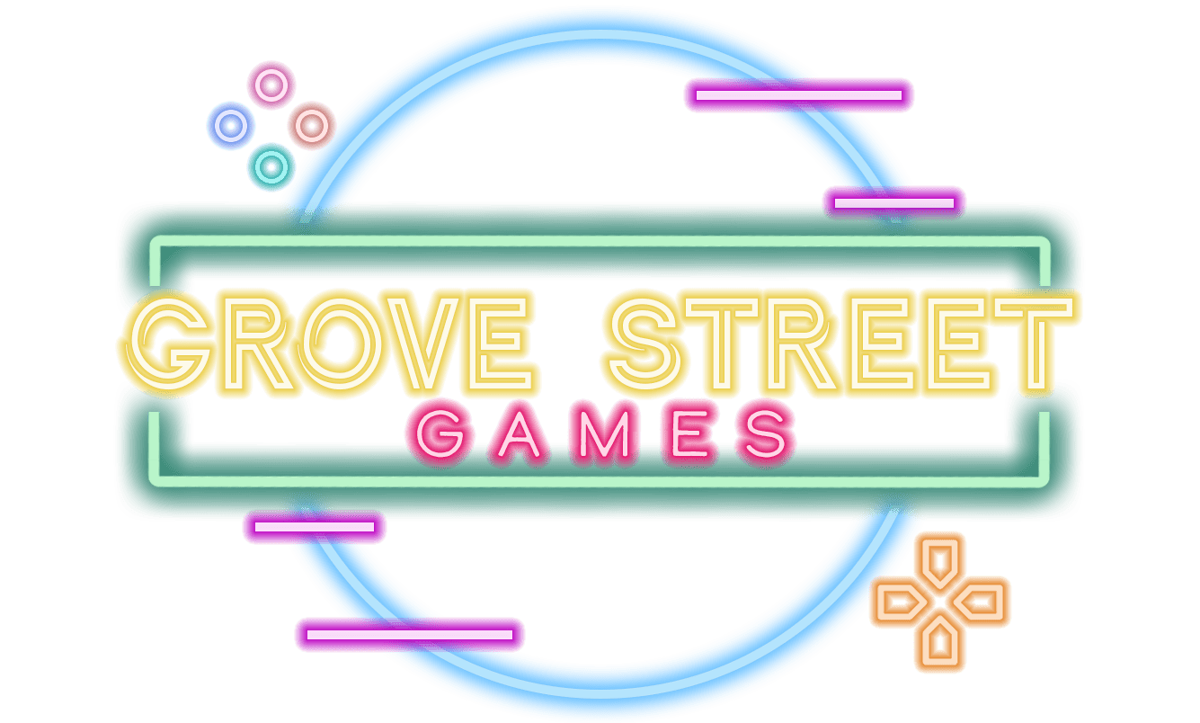Looking forward to this. I take it you've played Pony Island as well? It's a bit messed up too.
Yeah, although I gave up too soon to realise what was really going on, LOL. But I'm a big fan of Daniel Mullin's work. I played The Hex last year, and got completely lost in it. The easter eggs / arg in this game are actually quite thought provoking. I ended up doing conversions from binary to hex and ascii last night, and realised that depending on the assumptions you made, you could get more than one answer from the same code. Do it 4 bits at a time, and you end up on a web page talking about some 15th century card games. We know this one is deliberate because there's a card from the game on that page. The other method, 8 bits at a time, seems to say something cryptic which could apply to the characters. It involves knowing something about ASCII, it still has characters not used since the first ancient mainframe systems. It's probably a red herring. Right? But the game often seems to be trying to say something about data and the history and future of computing, gaming and stuff..... it's sort of set in different time periods, with an 8 bit section, and an early 3d section. The mechanics involve floppy drives, there's messages on usb sticks. As I say, it's probably a red herring, it also quickly led me to an obscure youtube channel of a producer of a track called 'mystery pack' (which totally fits the game), a twitter account of a DBZ fanatic, some antipodean streamers in their fourties, and a very interesting documentary about something I think might be related to the back story. And there's more clues.. I thihnk. Until I finish the game I won't know, I won't read what the real ARG fanatic community have uncovered. But I'm a little bit richer for going on journey.
The web is like a trap sometimes, we go to the same sites again and again. Danny definitely does ARG's well, the search is supposed to broaden your horizons, you're supposed to read genuinely interesting stuff you'd never have found other wise. My early (pre 2000) experiences of the web were just like that. But today, we're just going round the same four or five sites over and over. A lot of the time, we only read something to win an ongoing argument or make ourselves feel better.
But last night I learned a fair bit and got a little bit of a look at some communities of the sort I'd never ever have looked at otherwise. So I don't care if one side of it is a red herring, it's all about what you get from playing with the messages, drawing on knowledge, sifting through stuff, researching, and paying attention - not just looking up the answer on a walkthrough or wiki.
It's exactly the opposite of most internet these days. Most of the time you're looking for something in particular, or just want something to grab our attention, and we are amazingly quick and efficient at filtering everything else out, and so are the web sites.
But in the good ARG's, you have to go different places, and be inquisitive, attentive, and open to what is there, before you make any judgement or decision whether you like it, approve, or whether it's valid or a red herring. It stops you from instantly just looking at something and saying, pfft, boring... or assuming it's unreliable or it's trying to sell you something, or there is some agenda. And it works. It helps unlearn bad habits.


